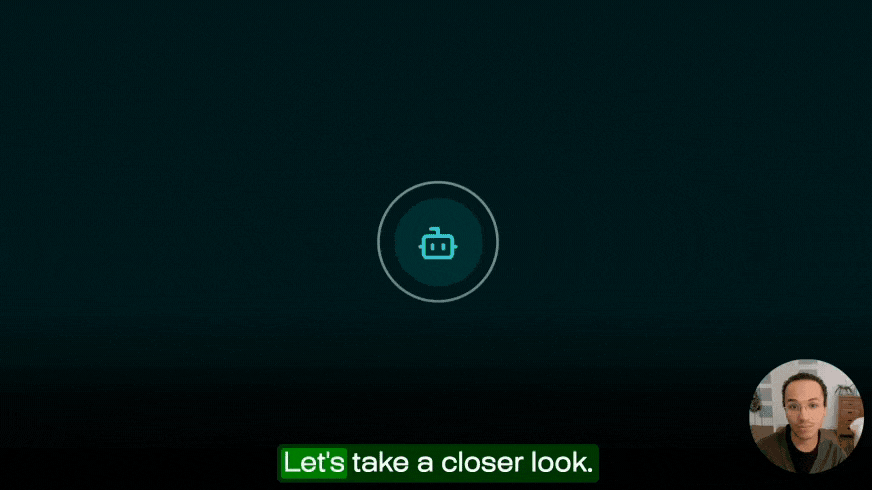What is MMLU benchmark?
The Massive Multitask Language Understanding (MMLU) benchmark is designed to evaluate large language models (LLMs) across a variety of subjects and tasks. It comprises over 57 subtopics in areas like mathematics, history, law, and ethics, utilizing multiple-choice questions to assess general knowledge and reasoning abilities. MMLU offers insights into the real-world applicability of LLMs, examining their flexibility and skills in complex scenarios.
Structure of MMLU
MMLU evaluates LLMs on various tasks by covering the following areas:
- General Knowledge: Tests the model's comprehensive knowledge base across different domains.
- Mathematics: Focuses on problem-solving and logical reasoning abilities.
- Science: Assesses understanding of scientific principles across multiple fields.
- Law and Ethics: Evaluates reasoning about legal principles, ethics, and complex moral scenarios.
Evaluation Methodology
The MMLU uses multiple-choice questions to test models' general knowledge and reasoning skills. This structured approach allows comparisons across subjects, providing a quantitative measure of a model's understanding and adaptability across different fields.
Applications
The MMLU benchmark supports multiple applications in evaluating LLMs, particularly in complex reasoning and language processing challenges.
Evaluating Language Models
MMLU serves as a standard system to measure LLM performance across diverse language tasks. It assists researchers in assessing model generalization and transfer capabilities.
Identifying Limitations
MMLU identifies limitations in current LLMs, particularly in modeling human judgment and complex reasoning, urging continuous improvement in training technologies.
Informing Model Development
MMLU performance results guide enhancements in model development, with findings supporting advancements in prompting techniques and methodologies.
Benchmark for Specialized Tasks
By combining MMLU with specific benchmarks, researchers gain insights into model performance in specialized domains like legal reasoning and function-calling capabilities.
Criticisms and Limitations
- Lack of Transparency: Evaluation prompts are not publicly available, affecting reproducibility.
- Dataset Quality Issues: Ambiguous choices can complicate accurate model assessment.
- Modeling Human Judgment: Complex tasks like law highlight challenges in understanding human-like reasoning.
Overall, while the MMLU is vital for evaluating LLMs, addressing its current limitations will be crucial for future enhancements.


.svg)







